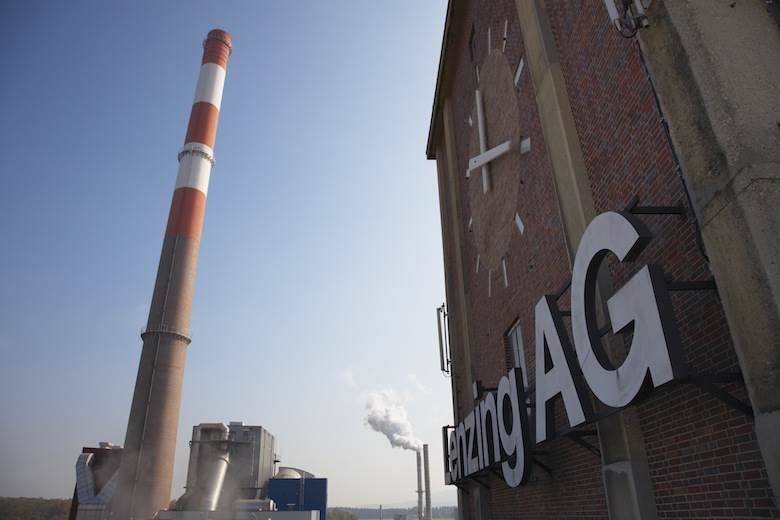Lenzing will combine recycled cotton from Inditex with Tencel
22/07/2016

At its 2016 annual general meeting on July 19, Inditex said it had signed an agreement with Lenzing under which textile waste generatead by Inditex will go to the Austrian company to be turned into new “premium textile raw materials”.
The two companies are at the stage of starting a pilot project involving around 500 tonnes of waste but have said they aim to increase this to an annual volume of 3,000 tonnes “within a few years”. Lenzing has said this higher volume will allow it to produce enough fabric to make 48 million garments.
Without mentioning Inditex by name, Lenzing has released a statement of its own, giving some detail of how its new “circular economy” idea will work. In the statement, chief commercial officer Robert van de Kerkhof, said Lenzing is working with “sustainability leaders in the retail business” to find common solutions to overcome “sustainability-related challenges in the fashion industry and effectively implement circular economy concepts”.
Lenzing’s idea is to combine recycled cotton waste with its closed-loop, plant-based Tencel fibre manufacturing process to make a new combined Tencel-recycled cotton fibre. “The new generation of lyocell fibres will be the most ecological wood-based fibre on the planet,” Lenzing said in the statement, “combining cotton waste recycling with our pioneering closed-loop Tencel production on a commercial scale.”
It said this combination of cellulose fibres and recycled materials on a commercial scale will be a world first. “It will reduce the need to extract additional virgin resources from nature, and reduce the net impact on ecological resources,” Robert van de Kerkhof said.
Lenzing went on to say that the new combined fibre will not be sold directly to yarn or fabric manufacturers. It will be offered exclusively to “leading retailers and brands” so that they, in turn, can “engage the right value chain partners” to produce their apparel collections “in the most sustainable way”.










